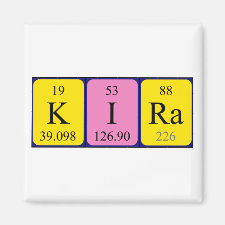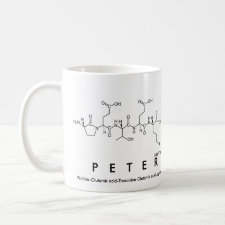
Authors: Lieberzeit PA, Samardzic R, Kotova K, Hussain M
Article Title: MIP Sensors on the Way to Biotech Application: Selectivity and Ruggedness.
Publication date: 2012
Journal: Procedia Engineering
Volume: 47
Page numbers: 534-537.
DOI: 10.1016/j.proeng.2012.09.202
Alternative URL: https://www.researchgate.net/publication/271581583_MIP_Sensors_on_the_Way_to_Biotech_Application_Selectivity_and_Ruggedness
Abstract: Applying sensor systems in real-life environments is one of the main goals in designing artificial recognition materials, e.g. by template-directed synthesis of molecularly imprinted polymers (MIP) [1]. For this purpose, selectivity and ruggedness present two key factors. MIPs achieve both of them in highly appreciable manner: for instance, optimized polyacrylate MIP nanoparticles for ephedrine yield limit of detection of around five ppm in aqueous solution. Furthermore, selectivity, towards pyridine a ''substructure'' compound of ephedrine with one exception yields no sensor responses at all. Similar can be observed when using folic acid as the template: again, MIP do not yield any signal towards its metabolites leucovorin and anhydroleucovorin. The same is true for larger species, such as bacteria belonging to different strains of the same species (E.coli). The latter system also can be operated in a bioreactor by-stream and retain its sensing properties for several months opening up the way e.g. for application in biotechnological processes
Template and target information: ephedrine, folic acid, bacteria, E.coli
Author keywords: Ephedrine, Folic acid, E.Coli, QCM, Molecularly imprinted polymers



Join the Society for Molecular Imprinting

New items RSS feed
Sign-up for e-mail updates:
Choose between receiving an occasional newsletter or more frequent e-mail alerts.
Click here to go to the sign-up page.
Is your name elemental or peptidic? Enter your name and find out by clicking either of the buttons below!
Other products you may like:
 MIPdatabase
MIPdatabase









